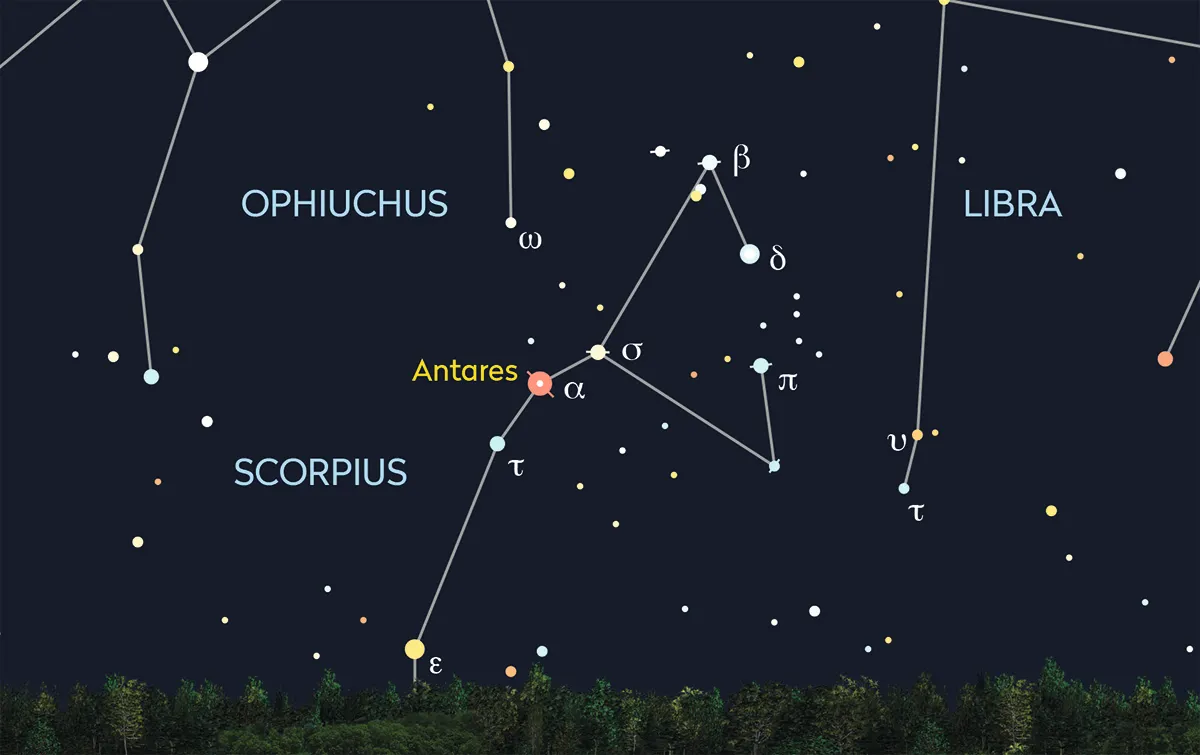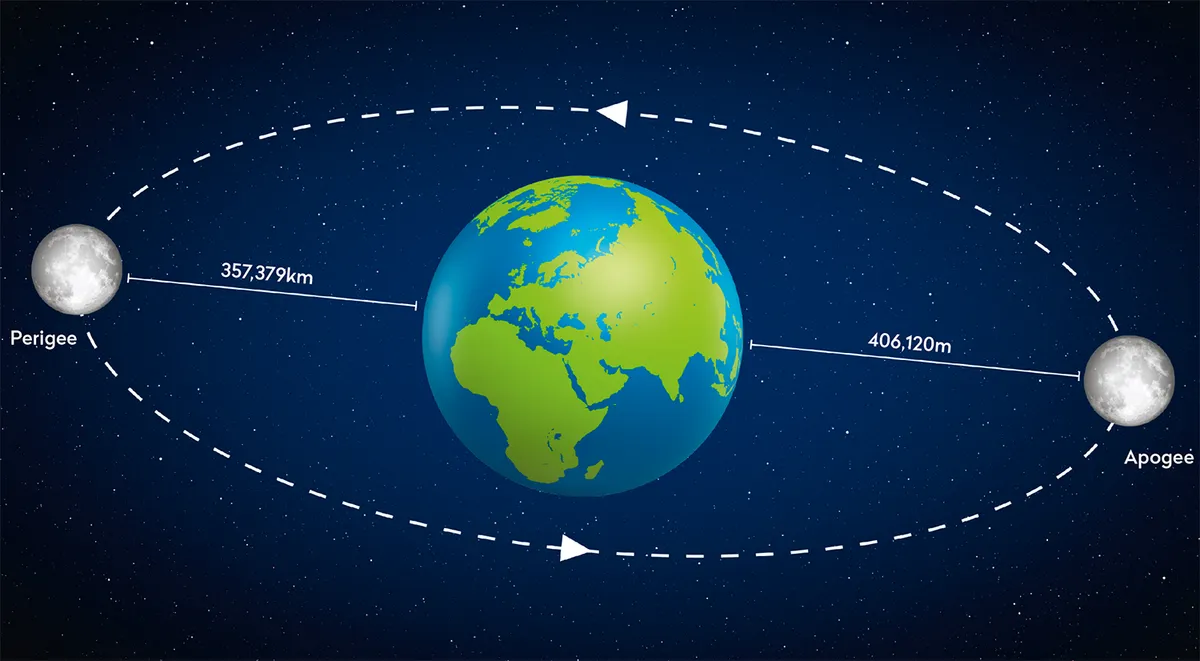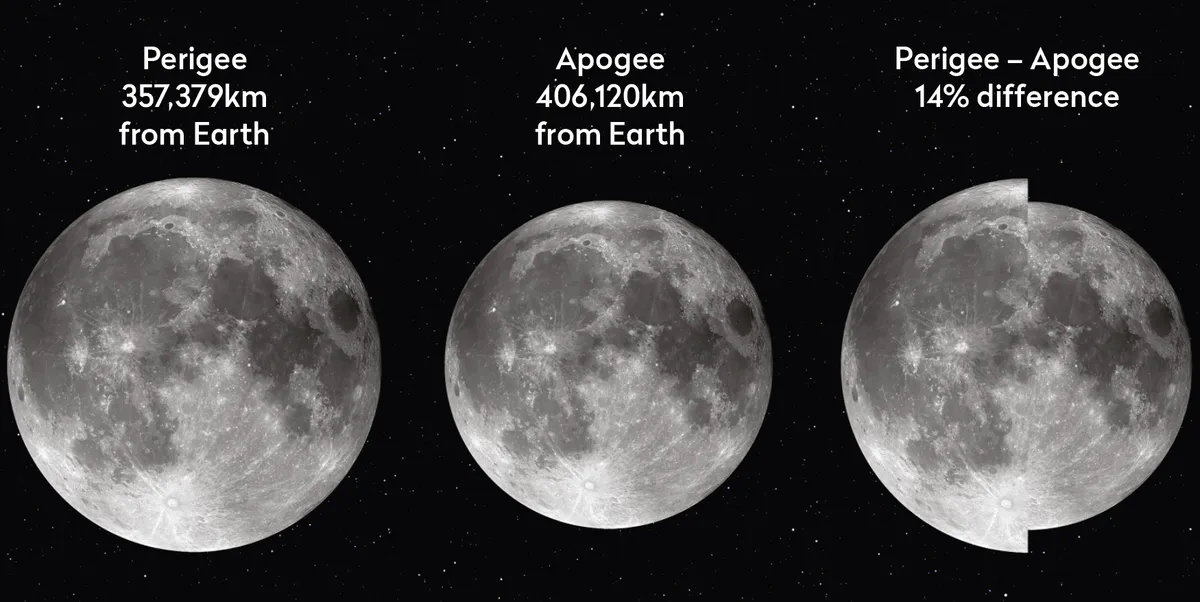The 2025 Flower Moon rises tonight, 12 May, around 9pm, but this month's full Moon may look smaller and perhaps fainter than normal.
That's because the May 2025 Flower Moon is a 'micromoon', a phenomenon caused by the effect of our Moon's orbit around Earth.
For Moon phases and stargazing advice delivered to your email inbox every week, sign up to receive the BBC Sky at Night Magazine e-newsletter.

Flower Moon tonight
You'll be able to see tonight's Flower Moon rise around 9.30pm in the southeast.
It will then track westwards across the sky, setting in the southwest just as dawn breaks.
The Flower Moon won't rise very far above the horizon. It's currently in the constellation Libra, which never rises very high in the Northern Hemisphere.
If you spot a bright orange star below and to the left of the Moon, that's Antares, the brightest star in the constellation Scorpius (another constellation that doesn't rise very high in the Northern Hemisphere).

Why Flower Moon?
Each full Moon of the year has an informal nickname – or nicknames – that relates to natural events occurring during the month in question.
May's full Moon is known as the Flower Moon because it rises during springtime, when flowers are in bloom.
And that's the only reason it's known as a 'Flower Moon'. It won't look any different to any other full Moon of the year.
Except this month, that's not strictly true, because the May 2025 full Moon will technically be smaller and fainter than normal.
Micromoon

Tonight's Flower Moon is a 'micromoon', which means it's the smallest full Moon you'll see in the night sky.
This occurs because the Moon's orbit around Earth isn't a perfect circle: instead, it's an elliptical, or egg-shaped, orbit.
As a result, sometimes the Moon is further away from Earth than at other times.
When the Moon is closest to Earth, it's known as 'perigee'. When the Moon is furthest from Earth, it's known as 'apogee'.
The 12 May 2025 Flower Moon is full around apogee, meaning it's at the furthest point from Earth in its orbit.

As a result, the Moon may look smaller and fainter than usual, but you may struggle to notice any real difference when you see the Moon tonight.
A fun experiment could be to photograph the Moon tonight, then capture the same image of the Moon during one of three supermoons occurring later on this year.
Then you'll have a record of how the apparent size of the Moon changes between an apogee Moon and perigee supermoons.
If you do observe or photograph tonight's full Moon, do you think it looks smaller than normal? Let us know by emailing contactus@skyatnightmagazine.com

